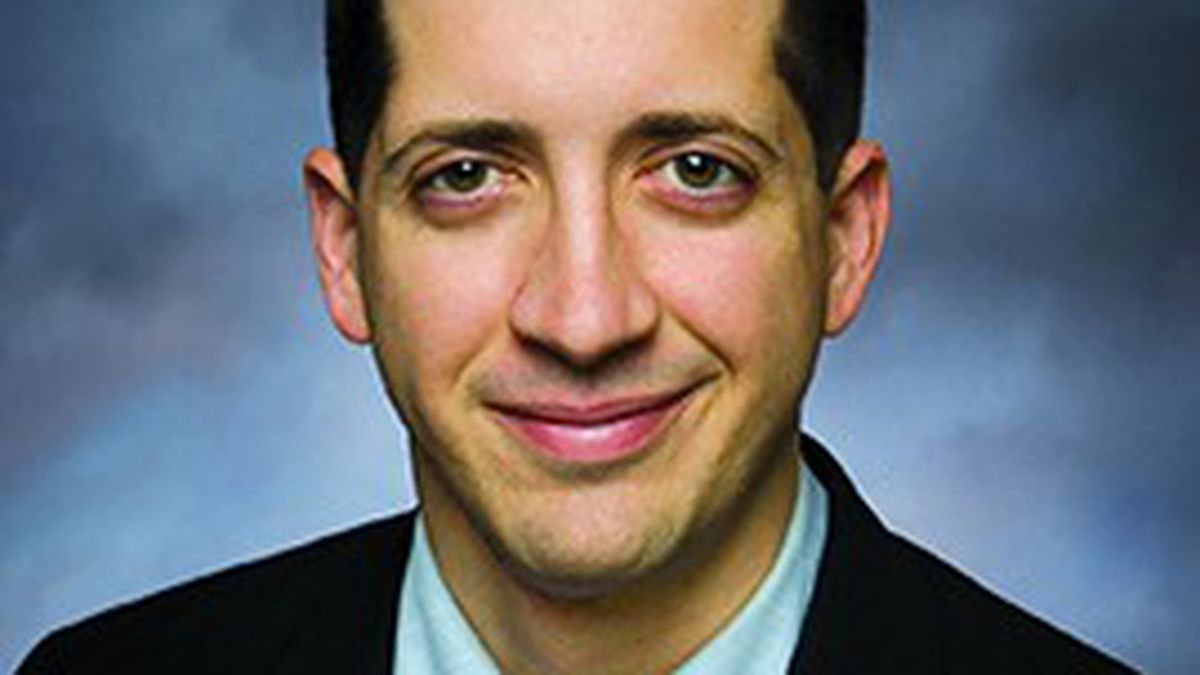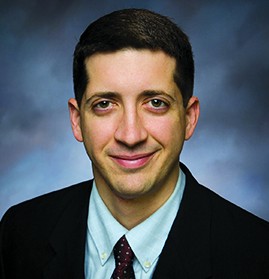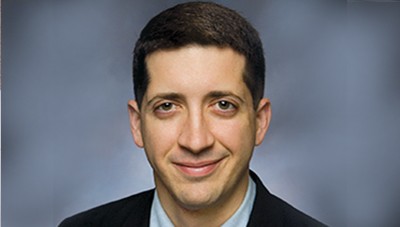Last week, trustees of Oakland’s Police and Fire Retirement System — a closed pension fund with $549 million in assets that pays retirement benefits to former Oakland cops and firefighters — held hearings on a proposal to divest from fossil fuel companies. If the PFRS board ultimately decides to divest, they would join a growing list of pensions, endowments, and foundations — including CalSTRS, Stanford, and the Rockefeller Foundation — that have dumped some or all of their oil, gas, or coal company stocks and bonds in recent years. Proponents of divestment claim that fossil fuel companies are an increasingly risky investment and that divestment is also a productive way to address climate change and other environmental harms. But some members of the PFRS board, and their outside consultant, are resistant to the idea of divestment, fearing it could reduce the pension’s investment returns and possibly force the city to bail it out in future years with tax dollars meant for city services.
Currently, the PFRS pension fund has about $19.5 million invested in the fossil fuel industry, mostly in the form of oil and gas company stocks and bonds. For example, the PFRS pension fund owns Southern California Gas Company (SoCal Gas) bonds that pay 3.2 percent interest. It was a SoCal Gas well in Aliso Canyon, north of Los Angeles, that created the largest natural gas leak in US history when it ruptured last October and spewed 100,000 tons of methane into the atmosphere. The disaster forced the evacuation of 1,800 nearby homes, and experts compared its environmental impact to the Deepwater Horizon oil spill that flooded the Gulf of Mexico with 4.9 million barrels of oil in 2010. The PFRS pension fund also holds stock in Transocean, the global offshore oil drilling company that owned the Deepwater Horizon drilling rig and dozens of other oil and gas companies operating all over the world.
Brett Fleishman, a senior global analyst with 350.org, an environmental organization that supports divestment, said that investments in companies like SoCal Gas and Transocean actually expose pension funds to future losses due to disasters like well blowouts. “A pension trustee’s job is to minimize risk and maximize returns,” said Fleishman. “Fossil fuels today present a very clear risk, so if you don’t swallow the moral argument at all, there’s a strong financial argument for investors to take a look.”
Fleishman said that the stagnating stock prices of oil and gas companies are a symptom of the fact that the oil and gas industry is now over-producing. The industry is also facing a future in which governments are increasingly likely to implement policies that would prevent them from extracting all of the oil and gas in its reserves. These “stranded assets” could crater oil company stock and bond prices, but preventing these oil and gas deposits from being burned is the only way to avert the most catastrophic climate change scenarios.
At last week’s meeting of the PFRS board of trustees, board members grappled with the question of whether divesting from fossil fuels would increase or decrease risk to the fund. It’s a particularly salient question for the PFRS trustees. The pension was never well funded by the city, and in previous years, it’s been questionable whether the fund would actually be able to pay out retirement benefits to its members because its assets had lost so much value.
In response, the City of Oakland was forced to bail the fund out several times by issuing pension obligations bonds. But that left Oakland taxpayers on the hook for tens of millions in bond payments. In some years, the city even had to pay out of its general fund to make contributions to keep the pension system afloat.
“PFRS is a closed system, so the only way to sustain it is to grow the fund’s assets,” said PFRS trustee John Speakman during the board meeting. “The city is obliged to fund [PFRS], so when the fund is short on money, the city must fund it with tax dollars.”
Speakman, who is a retired Oakland firefighter, said his concern about the divestment proposal is that it could end up producing investment returns below PFRS’ goal of 6.75 percent, and that if in future years the city is required to fund the pension system because it didn’t earn enough money, it would end up coming from taxpayers in the form of laid-off police officers and other cuts to services.
Steven Wilkinson, another PFRS board member, disagreed with Speakman. Wilkinson, who runs a wealth management business in Oakland, said that the fossil fuel industry appears to already be in a structural decline and that oil, gas, and coal stocks do not have long-term growth prospects. Wilkinson said that PFRS can make socially responsible investments by divesting from fossil fuels while also earning high returns to pay out benefits.
“Nobody is going to invest in a loss,” said Wilkinson in an interview. “Socially responsible investing is about investing with a conscience and a belief you can do just as well without holding certain things.”
“I think divestment is something that we’re all for,” continued Wilkinson, “but there’s a process. Everything we do, we have to understand the legal ramifications and carry out our fiduciary duty.”
The PFRS board’s pension consultant, David Sancewich of the Pension Consulting Alliance, counseled against divestment. In a report presented to the PFRS trustees last week, he told trustees that the risk of divesting from fossil fuels is that the fund would earn “suboptimal returns.” Instead of divesting, Sancewich said that the key policy for trustees to adopt would be engagement to ask that companies become more environmentally sustainable.
But Janet Cox, an environmental consultant who has worked with several other pension funds on divestment policy, said that engagement has never worked with respect to fossil fuels. “Engagement does make sense for some kinds of companies, except when you’re talking about fossil fuels,” said Cox. “What’s the ask here? Are we asking Chevron to get out of the oil business?”
Cox said that engagement works when an influential investor requests a company to do something it can reasonably do without shutting itself down, but that the existential threat of climate change requires the global economy to transition off of fossil fuels as fast as possible. “Engagement just gives the oil companies longer to do what they’re doing,” said Cox. “They’re not going to change their basic business models until the government tells them they have to.”
In fact, the request for PFRS to divest from fossil fuels stems from a government decision. In 2014, Oakland Councilmember Dan Kalb sponsored a resolution calling climate change a “severe threat to current and future generations.” The resolution divested the city’s funds from investments in companies engaged in the extraction, production, refining, burning and or distribution of fossil fuels.
“Socially responsible investment has been around for about 30 years now,” Olga Bolotina, Kalb’s chief of staff, told the PFRS trustees last week during their meeting. “It has been proven to be effective.”
The PFRS board, however, is legally independent from the city, and the council cannot force the pension system to divest. The PFRS board is expected to hold another hearing on the divestment proposal later this month.
















